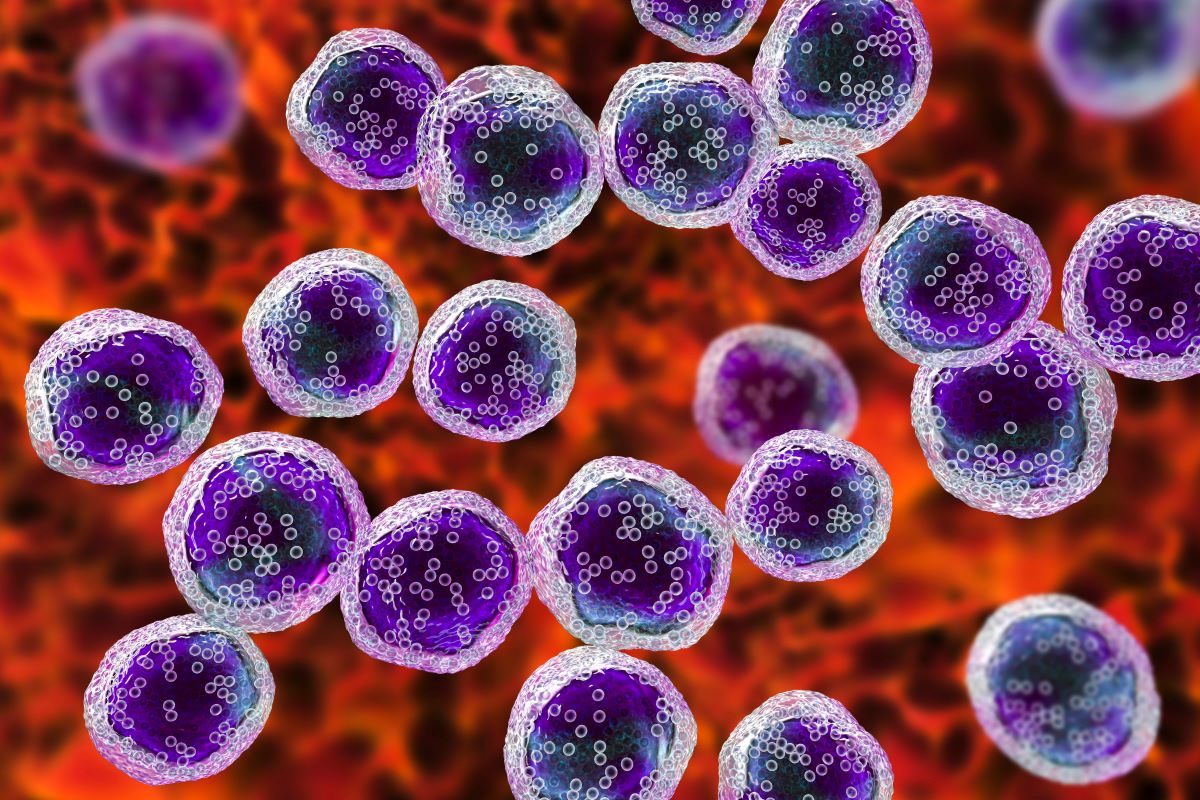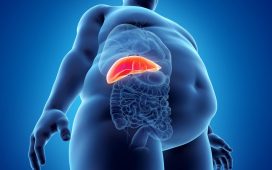Lethal T-cell lymphoma identified in one patient who received axicabtagene ciloleucel therapy for diffuse large B-cell lymphoma
By Elana Gotkine HealthDay Reporter
FRIDAY, June 14, 2024 (HealthDay News) — Second tumors are rarely seen after chimeric antigen receptor (CAR) T-cell therapy, according to a study published in the June 13 issue of the New England Journal of Medicine.
Mark P. Hamilton, M.D., Ph.D., from Stanford University in California, and colleagues examined the occurrence of second tumors after CAR T-cell therapy since 2016. A broad array of molecular, genetic, and cellular techniques were used to interrogate the tumor, the CAR T cells, and the normal hematopoietic cells in one patient with a secondary T-cell lymphoma.
The study included 724 patients who received T-cell therapies at the study institution. The researchers identified lethal T-cell lymphoma in a patient who received axicabtagene ciloleucel therapy for diffuse large B-cell lymphoma; deep profiling was performed on both lymphomas. Molecularly distinct immunophenotypes and genomic profiles were seen for each lymphoma; both were associated with DNMT3A and TET2 mutant clonal hematopoiesis and were positive for Epstein-Barr virus. Use of multiple techniques did not indicate evidence of oncogenic retroviral integration.
“In our index case, despite comprehensive genetic profiling, we found no evidence for CAR T-cell vector integration into the T-cell lymphoma or evidence for CAR expression,” the authors write.
Editorial (subscription or payment may be required)
Copyright © 2024 HealthDay. All rights reserved.








